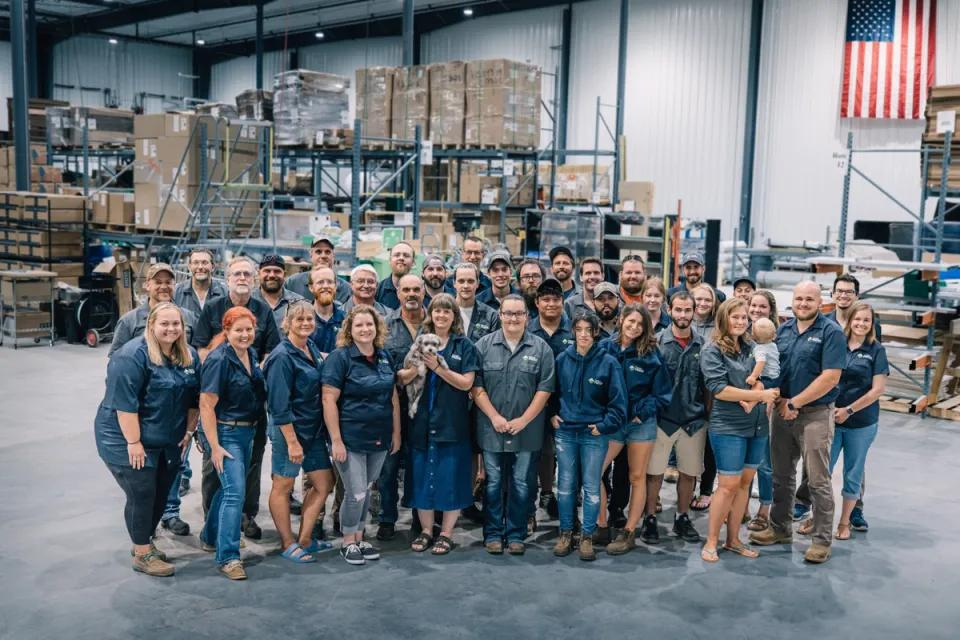About
Farmers Friend LLC is a company located in Centerville, Tennessee. The business focuses on providing innovative tools and equipment designed to meet the everyday demands of small-scale farming. Their product lineup includes specialized tools for tasks such as planting, harvesting, and weed management, aimed at increasing efficiency and reducing labor on small farms. Farmers Friend was founded on a small, creative idea when the founder was inspired during a visit to a farm in Maine in 2008. Initially motivated by the challenge to create a more efficient method for harvesting baby greens, the idea evolved into a business that tinkered with various prototypes and faced many ups and downs. The company's breakthrough came with the development of a mechanized greens harvester, which eventually found success and demand in the market. Today, Farmers Friend is trusted by over 15,000 market growers worldwide, and their offerings include a variety of structures like tunnels and tools that enhance farm productivity. They are also recognized for their entrepreneurial spirit and innovative approach, continuing to develop new solutions for the farming community.
The Challenge
When contacted by TMEP, part of the MEP National Network™, Farmers Friend was navigating a dynamic phase of expansion within the highly seasonal agricultural sector. The company's strategy was focused on enhancing their supply chain and inventory management systems to alleviate constraints. By improving material flow, Farmers Friend aimed to stabilize production schedules, reduce unnecessary costs, and enhance customer trust through reliable service delivery.
"TMEP has been a great help thus far and a wonderful resource to receive help and expertise in several fields that we have needed assistance in." — Michael Whily, Production Manager
TMEP's Role
Over the course of several months, TMEP resources conducted a comprehensive analysis of Farmers Friend's supply chain to identify critical bottlenecks and inefficiencies. Additionally, the TMEP facilitated workshops and training sessions on lean principles, specifically focusing on value stream mapping, kanban optimization for meeting seasonal demand patterns, critical resource capacity planning and implementation of demand forecast processes with an associated review cycle.
Results
- $250,000 in new markets
- $10,000 in workforce investment
- $100,000 in process investments
Date of Article

